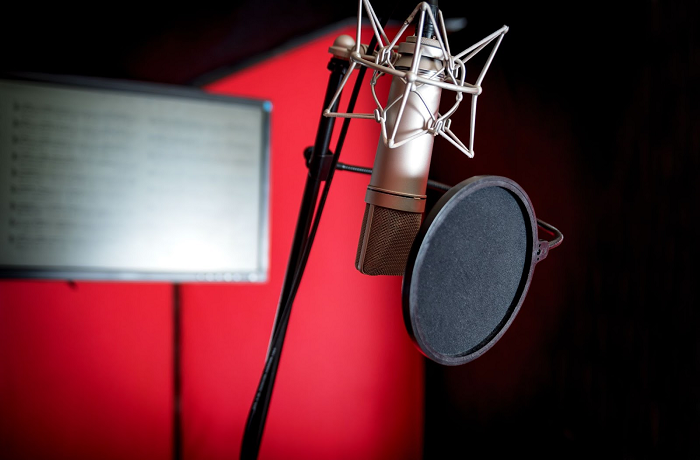Podcasting has become an increasingly popular medium for sharing information and entertainment. But to make sure your listeners stay engaged and come back for more, sound quality is crucial. In this article, we will explore the importance of sound quality in podcasting, common sound quality issues, and techniques for improving audio in your podcasting studio.
Understanding Sound Quality in Podcasting
When it comes to podcasting, sound quality is the overall clarity and crispness of the audio. This includes everything from the microphone used to the post-production techniques applied. There are a variety of audio equipment options available for podcasting, from USB microphones to XLR condenser microphones. Common sound quality issues in podcasting include background noise, echo, and poor microphone technique. These issues can be easily avoided by following some basic guidelines and techniques. Sound quality plays a crucial role in listener engagement, poor sound quality can make it difficult for listeners to stay focused and engaged with the content.
Improving Sound Quality in Your Studio
Improving sound quality in your podcasting studio is not as difficult as it may seem. There are several tips and techniques you can use to make sure your audio is as clear and crisp as possible.
Selecting and using audio equipment: When selecting audio equipment, it is important to choose equipment that is appropriate for the type of podcast you are producing. USB microphones are a great option for beginners, while XLR condenser microphones are a better choice for more experienced podcasters.
Optimizing microphone placement and soundproofing: Proper microphone placement and soundproofing can help eliminate background noise and echo. This can be achieved by positioning the microphone at the correct distance from the speaker, and using sound-absorbing materials like foam or acoustic panels.
Editing software and post-production techniques: Once you have recorded your podcast, it is important to edit the audio using software like Audacity or Adobe Audition. During the editing process, you can remove background noise, adjust the volume, and apply other post-production techniques to improve the overall sound quality.
Conclusion
In conclusion, sound quality is a crucial aspect of podcasting that can greatly impact listener engagement. By understanding sound quality issues and implementing techniques for improving audio in your studio, you can ensure that your listeners stay engaged and come back for more. Additional resources are available online and offline, such as courses or books, to help you improve your sound quality. Remember that sound quality is not an afterthought, it is a fundamental aspect of podcasting, take the time to invest in it and your audience will appreciate it.





